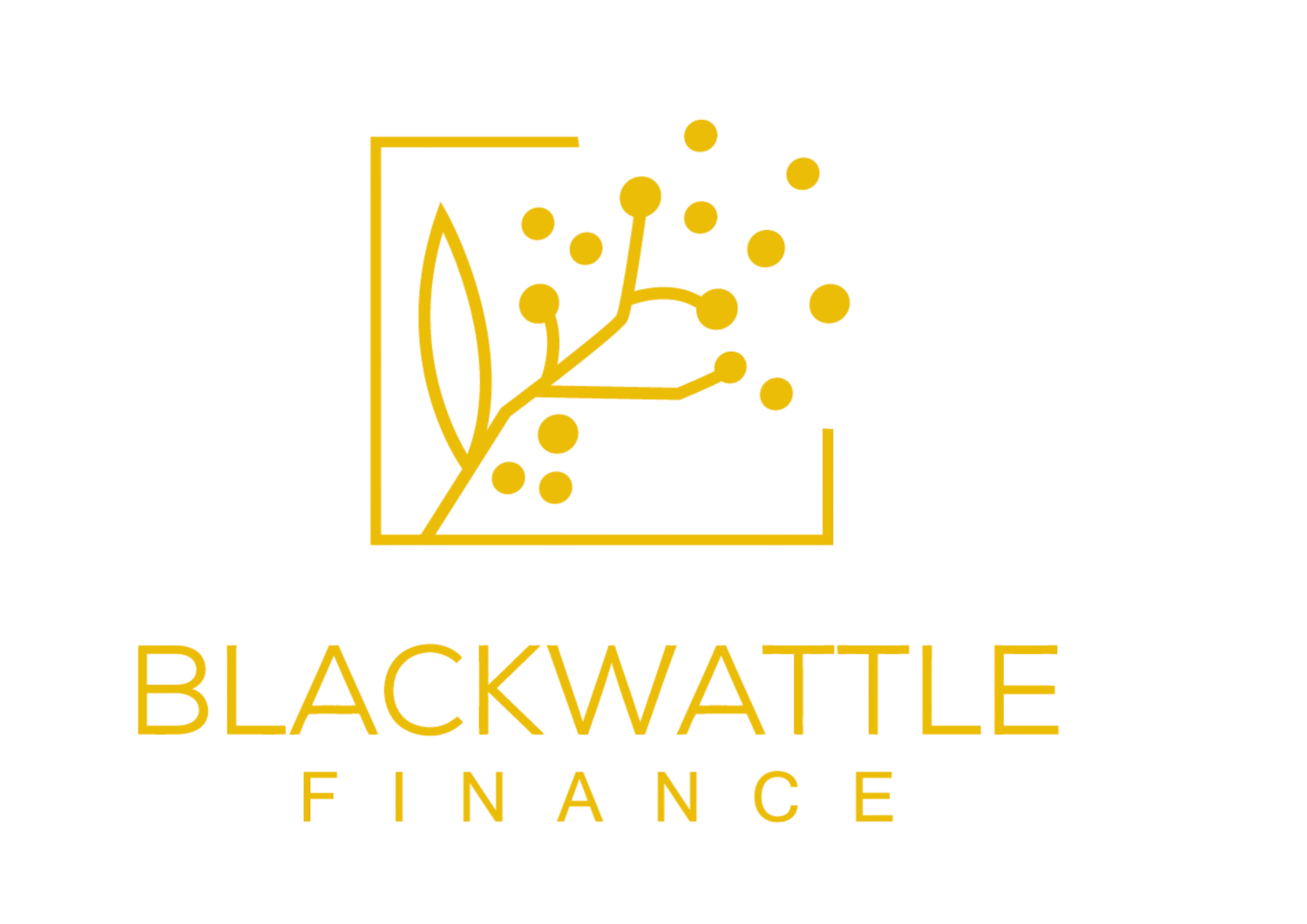The difference between offset and redraw is not always understood. So, what is the difference between offset and redraw? Does it matter? And how could it affect you?
Some of you who were following the news over the last couple of months may remember this story where ME Bank made some changes to their redraw policy. Effectively what happened was that customers who had paid in advance on redraw loans had their advance payment taken away, meaning that they couldn’t access the advance payments. There was instant outrage from their customers and the decision was quickly reversed.
What is redraw and how does it differ from an offset account?
On a redraw loan, the customer makes payments over and above the minimum monthly loan repayment. This is an effective way to minimise the interest charged and to reduce the overall cost of the loan. If needed you can “redraw” the advance payments to use for other purposes.
An offset by comparison is a separate account to the loan account, and any money sitting in this separate account “offsets” the balance upon which interest is charged on the loan. If you had a $500,000 loan with $100,000 in your offset account you will only be charged interest on $400,000.
Whilst a redraw loan lets you access your advance payments there’s a risk that the lender will take the redraw away. There is often limits on the amount you can redraw and the number of times a year you are able to redraw. Sometimes there is a fee for redrawing.
Offset accounts typically work like any other transaction account: you can access them at any time for any amount, you can have your pay paid into it etc. Loans with offset features often have an annual fee attached and can have a slightly higher interest rate.
Choosing what is right for you
So, which is better? The decision between redraw and offset is ultimately one of personal preference. Offset has greater flexibility but may have more costs and a higher rate. Redraw is simple and usually cheaper, but you may run the risk of not being able to access the advance funds if and when you need it.
Understanding the pros and cons of each will allow you to make an informed choice. You as the consumer should think about your needs and objectives to make a call on what is best suited to you.

